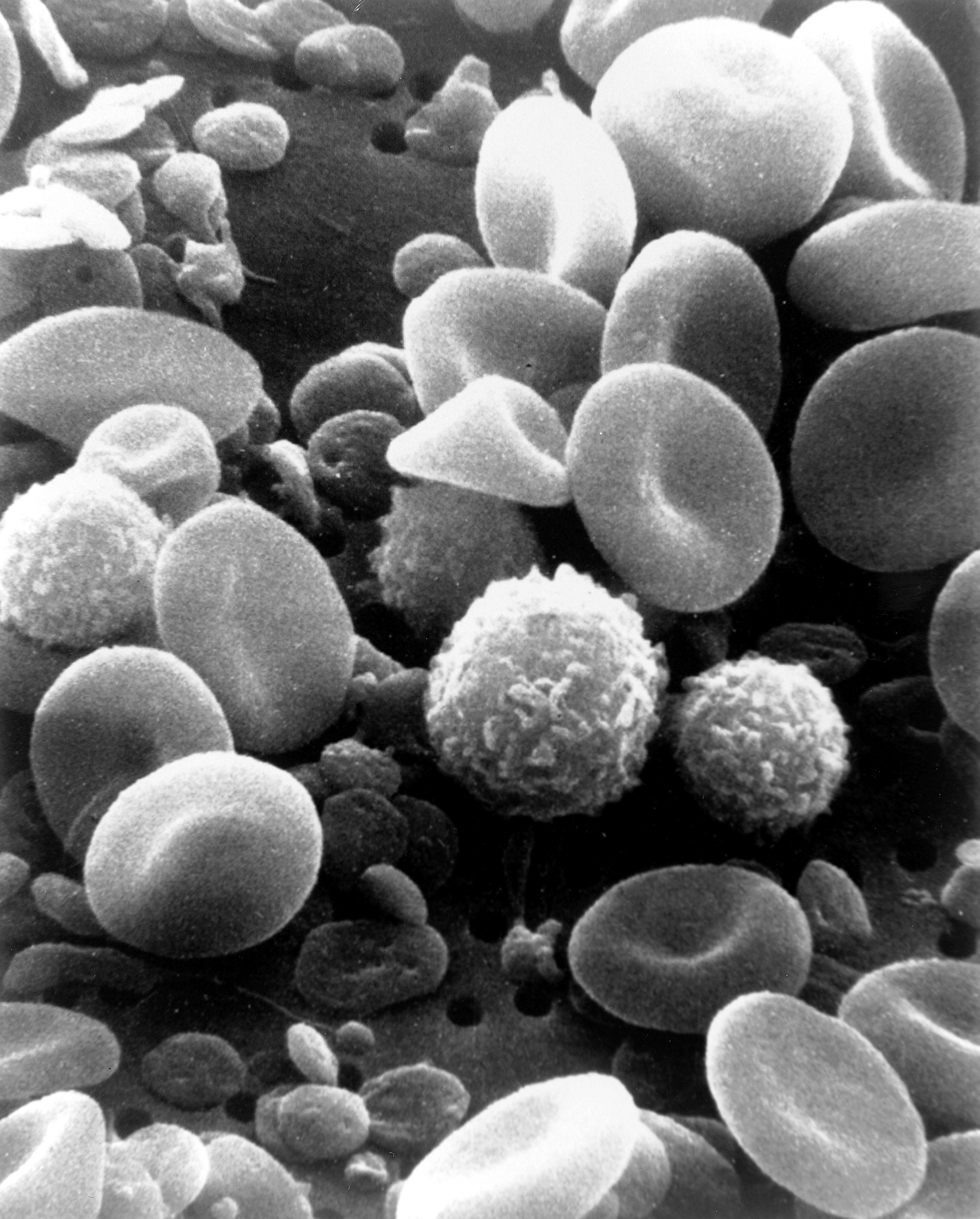

Genetic testing helps predict leukemia prognosis
Acute Lymphoblastic Leukemia
Acute lymphoblastic leukemia (ALL) occurs when the bone marrow produces too many immature white blood cells known as lymphoblasts. This type of cancer grows quickly, making early diagnosis and treatment critical. ALL is commonly associated with certain genetic markers, which can be detected with genetic tests like chromosomal genomic array testing (CGAT).
CGAT
CGAT is a genetic test that scans a person’s entire genome to find small genetic changes called copy-number alterations (CNAs). This test can help doctors diagnose conditions like developmental disabilities and congenital anomalies. It is increasingly used, along with other genomic testing, to characterize abnormalities with known prognostic significance for patients with cancer, specifically ALL.
“This platform has been available in the Cytogenetics Laboratories at UW Medical Center and Fred Hutch Cancer Center for approximately 12 years, during which time it has been used as part of the standard evaluation for patients diagnosed with these conditions,” said Dr. Ryan Cassaday, associate professor in the Division of Hematology and Oncology.
A recent study led by Cassaday examines the correlation between specific CNAs identified by CGAT and patient prognosis for adult patients newly diagnosed with ALL. The study included patients aged 18 and over who had CGAT performed as part of their pretreatment evaluation from 2012 to 2022. All patients were treated using the standard of care at UW Medicine and Fred Hutch.
As part of the study, researchers obtained demographic data, clinical features at diagnosis, treatment history, and outcomes data retrospectively using an IRB-approved research protocol.
Key Findings
By analyzing combinations of initial CGAT results and other collected information, researchers were able to correlate prognosis with particular CNAs. Notably, the study found that the presence of a common constellation of genomic alterations in ALL, known as the IKZF1plus signature, may not necessarily indicate an increased risk.
“Perhaps the most interesting observation was something we did not see: Several other groups have been able to link worse prognosis to the IKZF1plus signature in the leukemia genome, which we failed to replicate in our cohort,” Cassaday noted. He explained that the observed differences could be due to insufficient numbers of patients in the cohort or the unique treatment approach utilized at UW Medicine and Fred Hutch compared to other groups.
“This raises the possibility that the chemotherapy regimens we used might somehow overcome the negative prognostic impact of this group of genomic lesions,” Cassaday said. “Ultimately, a prospective clinical trial would be needed to prove this.”
The study also identified prognosis correlations with other genetic markers. For example, deletions in the ETV6 and ZCCHC7 genes were associated with shorter overall survival.
Looking Ahead
This research demonstrates that important clinical information can be gathered from genetic testing for patients with hematologic malignancies. The research team suggests that CGAT should be a standard part of the initial evaluation for adults diagnosed with ALL, and further research is needed to confirm the prognostic significance of these results.
Dr. Noam Kopmar, assistant professor, is the lead author, and Dr. Ryan Cassaday, associate professor of Hematology and Oncology, is the senior author of “Prognostic Significance of Chromosomal Genomic Array Testing in Adults with Newly Diagnosed Acute Lymphoblastic Leukemia,” published in Leukemia & Lymphoma. Co-authors from the Department of Medicine include Cristina Ghiuzeli, Raya Mawad, and Mary-Elizabeth Percival.